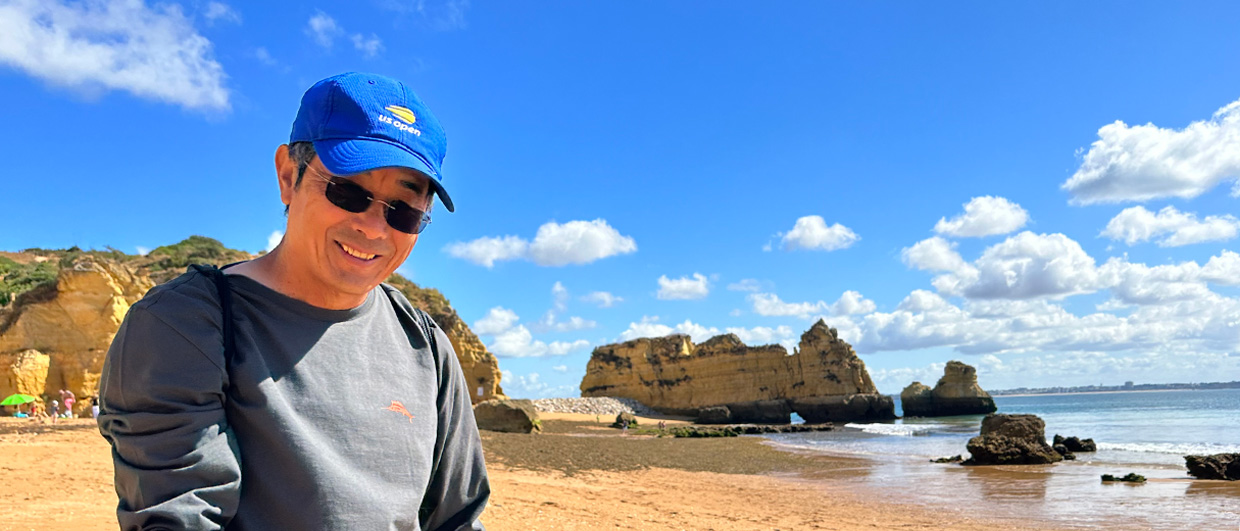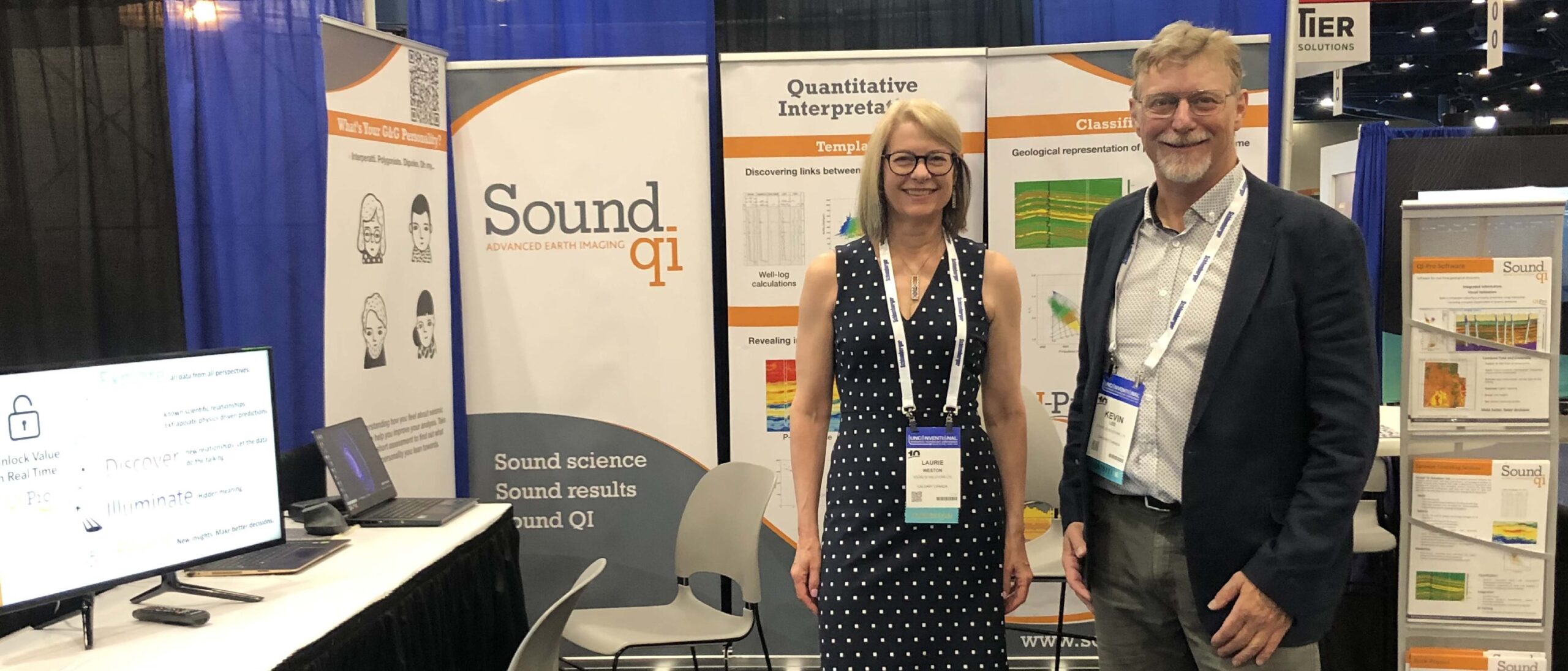Do you see a difference in levels of activity and optimism across the globe?
There is great interest in Brazil, Kurdistan and Iraq, while Asia also continues to be very active. The onshore US is focused on the oil plays while the offshore activity has slowed, waiting for new government regulation. Onshore Europe will have an active and deciding year in 2011, exploring the unconventional in many licenses. However, investment activity in a number of regions is hampered by government regulation and policies – Venezuela, Bolivia and Ecuador come to mind. There is a strong correlation between clarity and stability of the legislation and regulation governing investment, and the amount, cost and term of financial commitment.
How is the market for deals shaping up in 2011?
The 2010 year finished on a strong note. We had three transactions closing over through New Year and in the first four weeks of 2011 we have offers in two new international projects and a project in the unconventional Barnet Combo play in North Texas. The coming year promises to be very active in many international sectors.
Does the increasing strength and presence of the NOCs effect the business of deal making?
We work with many NOCs, particularly in China, India, Russia and South East Asia, advising in asset, corporate valuation and transaction execution. These groups have mandates to acquire, and deep pockets to aggressively pursue and close acquisitions in the international arena. The internal decision-making process is not as streamlined, they are still learning about international processes outside their comfort zone, and there are currency control issues in multiple jurisdictions. At home they are working with the regulators and legislators to incorporate international business practices into the domestic processes, potentially a highly politicized process, as can be seen in the evolution of the new Mexico Integrated EP contract. The NOCs have a significantly different political risk and economic baseline from the International Oil Companies, which provides an advantage in certain countries.
What is the function of AIPN?
The primary mandate is education though networking – very important as it makes for more efficient negotiations if you know your counter party. The Association supports over 3,000 professional members in more than 80 countries. We have strong outreach programmes to government entities, to young people entering the industry and in the student bodies of tertiary education institutions. The Organization has developed some twenty Model Agreements with associated Term Sheets, Guidelines for use and Education Modules for the hydrocarbon industry. The Committee has seven contract revisions underway and eight new contracts scheduled for the committees to start on in 2011.
Why do companies support the AIPN?
There is recognition across the international industry, both in the IOC and NOC community, that the AIPN Model Contracts have widespread acceptance and application in the day to day business of the industry. The intensive drafting process by the contract committees, made up of commercial and legal professionals, negotiate the content to find a balance between the multitude of ideas.
What makes a good negotiator?
The negotiator has to deliver an acceptable contract that achieves the objectives of the mandate. It is important to have a strong technical and legal foundation, and good drafting skills. Perhaps most important is the ability to listen and hear the counter-parties and to negotiate and draft a document that addresses their multifaceted needs while maintaining the integrity of the agreement.
And what makes a good deal?
Many of the hydrocarbon industry agreements are negotiated to last for years if not decades. A good agreement will cover the immediate responsibilities of the parties and at the same time address the mechanism for resolving future unknowns. Agreements can be living documents, evolving to meet new circumstances with the addendum and incorporation of new clauses, mutually agreed by the parties to address new circumstances.





